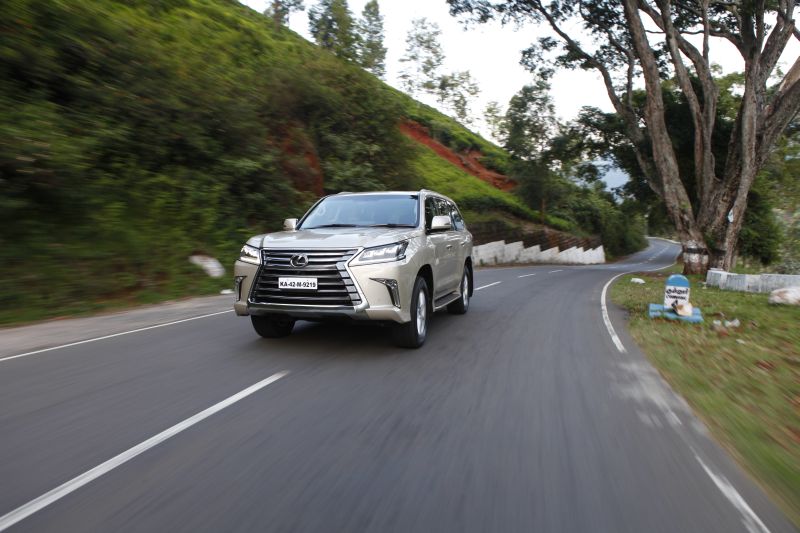
There’s a reason why the bonnet is of such generous proportions. It’s so as to accommodate a gigantic 4.5-litre V8 diesel motor, punching out 265 PS and a massive 650 Nm of torque. Yes, this is the only car in the Lexus line-up in India that doesn’t wear the hybrid halo. No surprise, this over-sized SUV claims a fuel efficiency of just 9.6 km/l.
Crank it up and fellow motorists around you turn their heads towards the LX, frowning, trying to complain about the diesel clatter it emits. Meanwhile, you’ll be sitting nonchalantly in the well-insulated cabin, wondering what the fuss is all about. Even as it builds up speed and gets louder, it can barely be heard within. And only when revved harder can a murmur filter through.
With the gigantic wave of torque flowing in at as low as 1,600 rpm, the LX doesn’t need to be poked hard usually. It’s a big and heavy car, and the power delivery of the oil-burner is leaner but never explosive. It just needs to be driven with a light foot in the city and the accelerator needs to be gradually depressed as the road opens up. This Lexus doesn’t like being hustled.
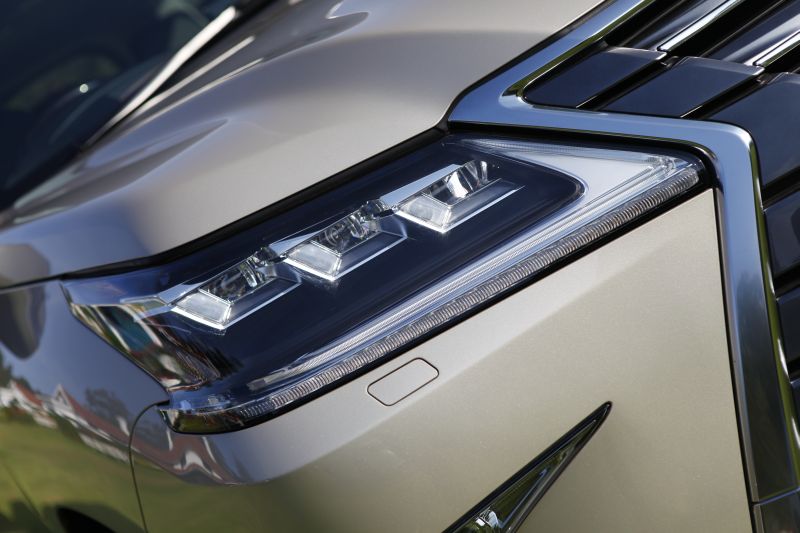
The six-speed automatic gearbox isn’t the slickest either, even in Sport+ mode. The shifts feel jerky and uncertain, especially at lower speeds. Climbing the hilly road around Ooty (Udhagamandalam), even as I try using the steering-mounted paddle-shifters the down-shifts aren’t smooth and feel hesitant.
It’s best to play with the abundant torque and let the LX cruise ahead. For its size and weight, the LX does have a remarkably quick 0-100 km time of 8.6 seconds. This is just a second slower than the much smaller Lexus RX and surprisingly matches the time of the ES sedan. Again, the credit goes to the huge surge of torque available right from the word go.
I’m not sure how many owners will be interested in taking their two-and-a-half crore SUV off-road, but the LX has all the tools if they so desire: right from ladder-on-frame underpinnings to proper 4×4 system with adaptive suspension, multi-terrain mode, and active height control to raise the ground clearance.
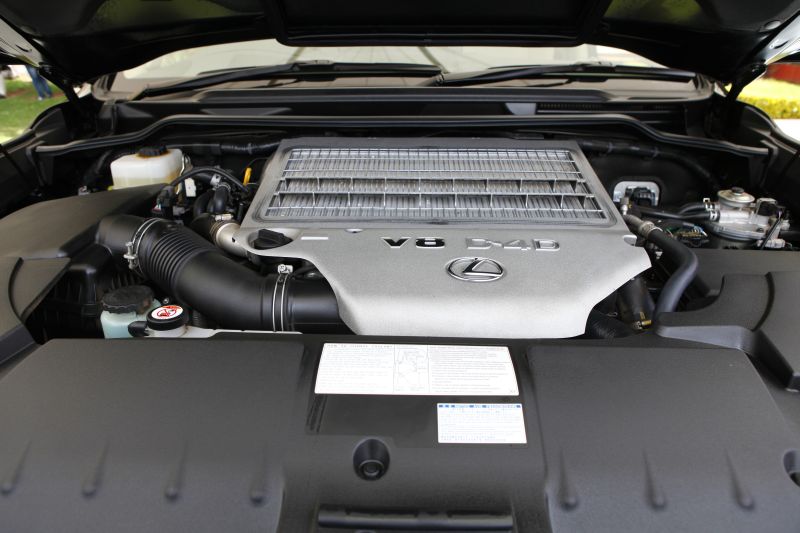
The Lexus can practically tame any road surface, including something resembling the Moon’s. But in doing so, it does threaten to toss around the occupants who, thankfully, are held in place by the well-contoured seats and, of course, the seat-belts. The driving modes can alter the steering, powertrain and suspension settings, with Sport+ keeping the suspension at its firmest best. It never becomes disbelievingly stiff but does control body-roll to a great extent. It’s only when you brake hard that you can feel some pitching and wallowing.
The handling did surprise me; it remained fairly planted for an SUV of these proportions, even during some enthusiastic driving. The steering felt heavy for city driving and was relentless even as the LX gathered pace. I think the weight might come handy during off-roading, but on road there’s no feedback coming to the driver.
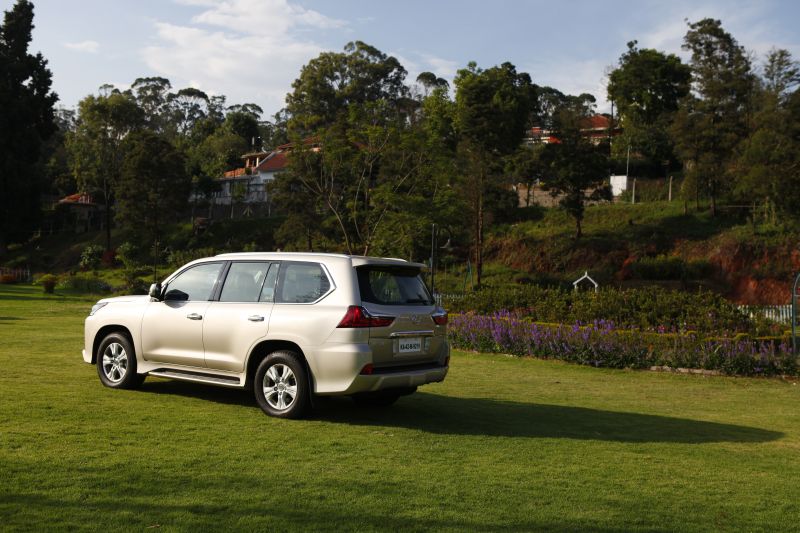
For this price there are more than a handful of luxury SUV options available in the market. Practically every manufacturer from Porsche, Jaguar, Audi, Mercedes and Range Rover has very capable and attractive offerings. And almost all of them cost less than the Lexus. Those who buy the LX will have just two reasons. First is the remarkable reliability and ease of ownership the brand has carved for itself internationally. The second is exclusivity. We’ll have to wait and see how the market reacts to this one.




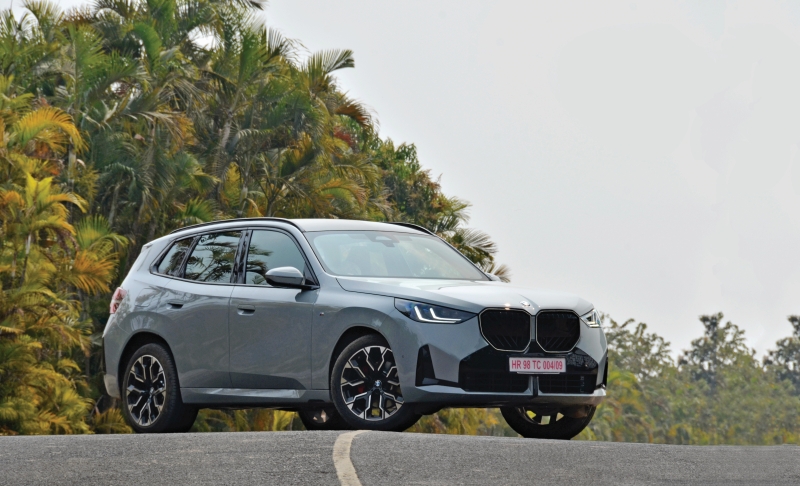
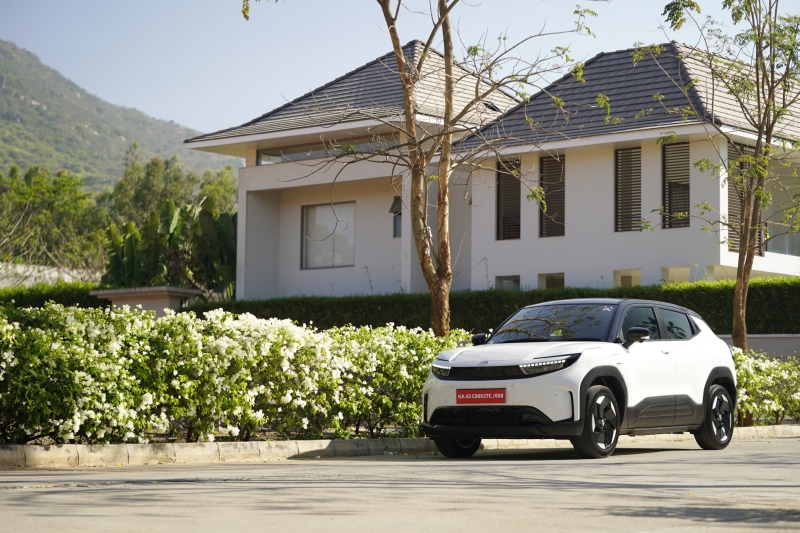
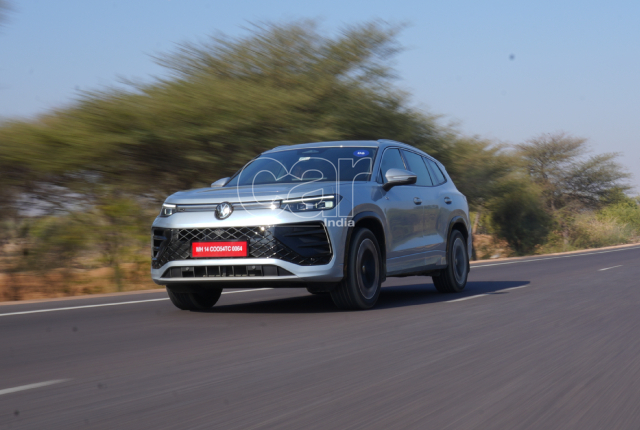
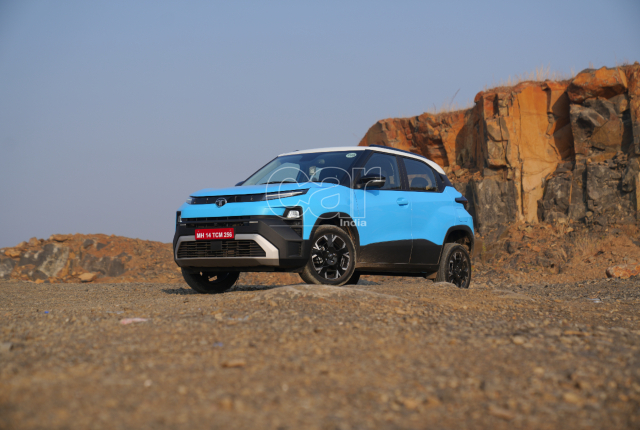
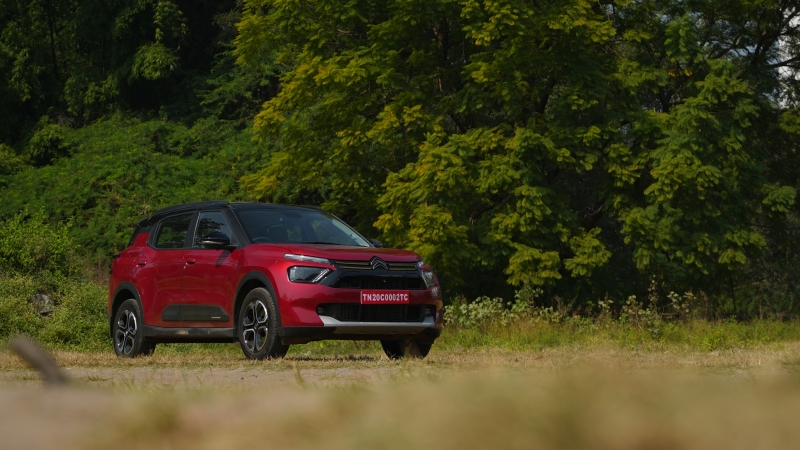


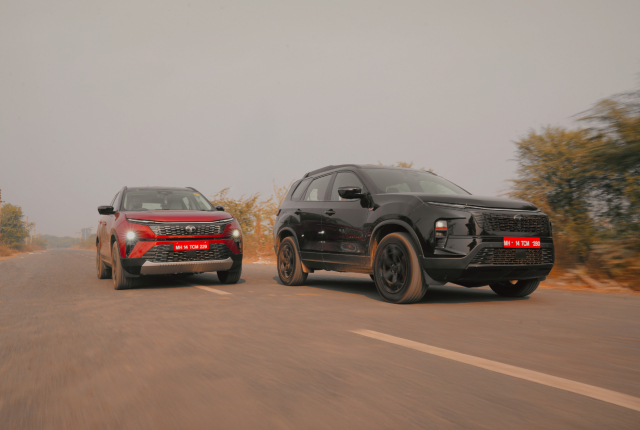
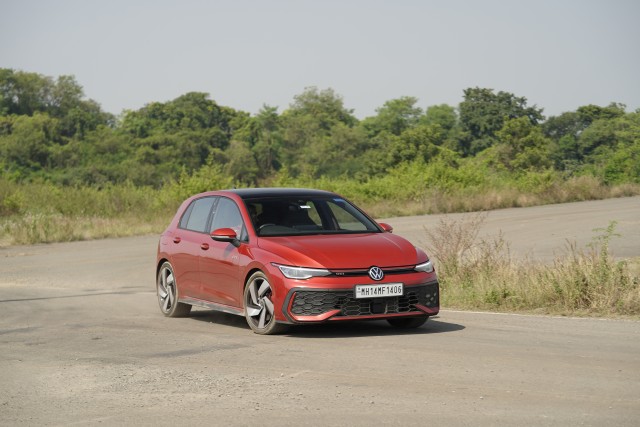
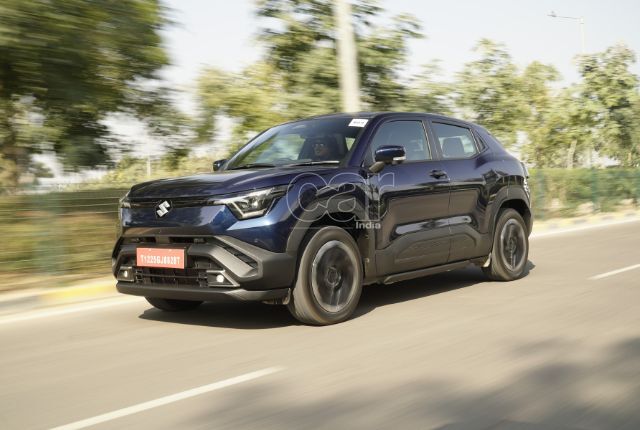
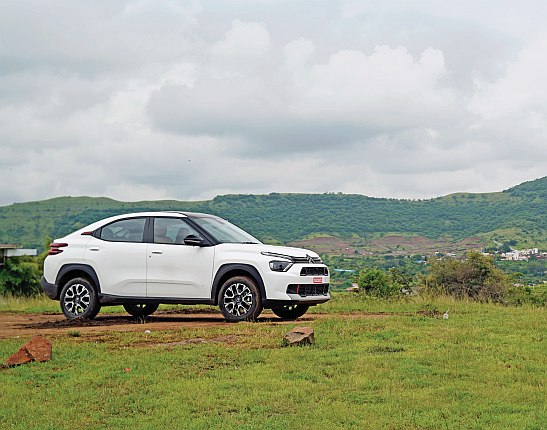

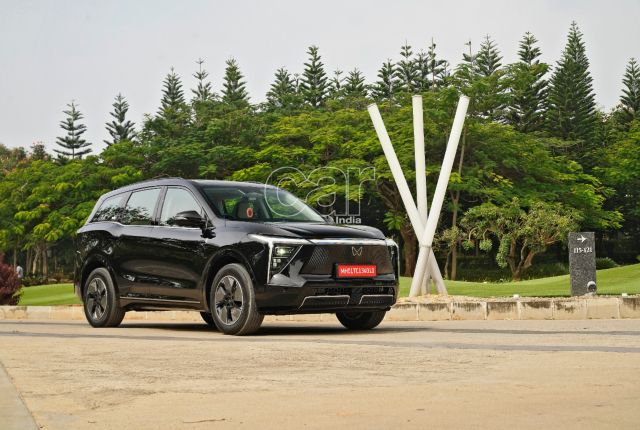
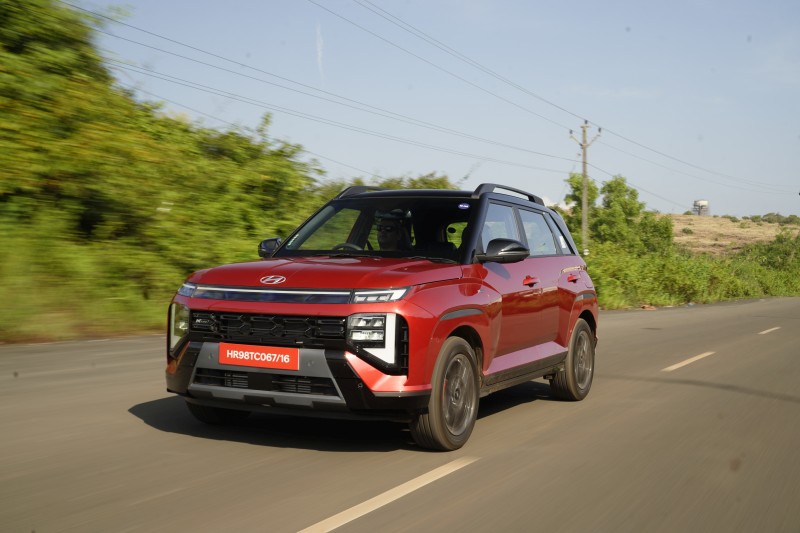


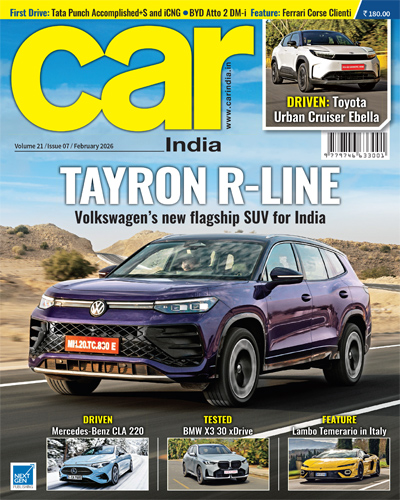
Leave a Reply